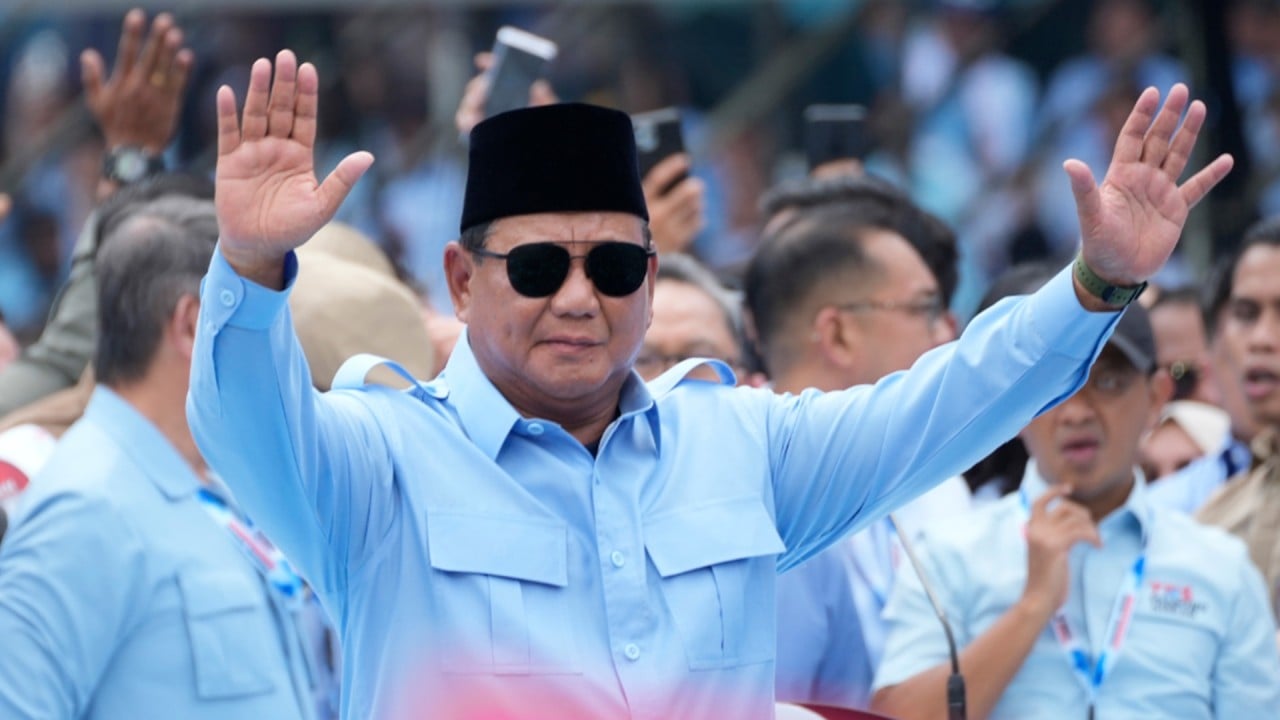The irony is that the West is dismantling the free trade order it created and propounded, even as the rest of the world pushes for more trade and opening up.
Why are we in such systemic gridlock? Robert Lighthizer, the Trump administration’s trade negotiator, laid it out: “I believe trade policy should help working-class Americans find and maintain good-paying jobs. But for decades, it has instead centred on price optimisation, efficiency and corporate profits. The result has been the loss of millions of jobs, the destruction of thousands of communities, and the accumulation of trillions of dollars of trade deficits. This policy has made the country weaker and poorer.”
The blame for the working-class impoverishment has been laid at China’s door, but China and the rest of the world cannot influence US domestic tax and labour policies on how to narrow the gap between its rich and poor. The real barrier to change is the political gridlock whereby domestic politics and vested interests are unable or unwilling to break the bureaucratic silos that protect their own turf.
At the same time, the nature of trade has changed profoundly. Trade thought leader Richard Baldwin argues that the future of global trade is in digital services, not physical goods.
Even if the supply chain reconfiguration is distributing production out of China, there is growing trade among the rest of the world while intra-West trade is in decline. The rise of digital platforms, such as those that enable individuals and small businesses to clear payments directly with each other, will facilitate B2B (business to business) and C2C (consumer to consumer) trade, reducing the role of multinationals.
Asia’s rising economies are more than ‘China Plus One’ destinations
Asia’s rising economies are more than ‘China Plus One’ destinations
Furthermore, the trade in goods and services, including trade conducted by small and medium-sized enterprises, would increasingly have to meet environmental, social and corporate governance (ESG) standards.
Despite the geopolitical differences that border on existential decoupling, all sides agree that preserving ESG-compliant trade by SMEs would help create domestic jobs. The big fight will be how to create the standards, processes and trustworthy trade, clearing and payment systems that would enable consumers, companies, financial institutions and nations to be the winners in the changing trade landscape.
Much of the trade will still be denominated in dollars, euros or the yuan, but there will be more alternatives such as digital tokens, stablecoin and new forms of cryptocurrency.
In sum, the rest of the world still buys into the idea of using open trade to uplift economies and create jobs, with greater awareness that the rich West may become more protectionist and isolationist in subtle forms. Instead of deglobalisation, there is “reglobalisation”, meaning that trade will emerge profoundly different, more complex and more diffused. The world is becoming more entangled, interconnected and interdependent. No amount of chest-beating isolationism can change that.
Andrew Sheng is a former central banker who writes on global issues from an Asian perspective


